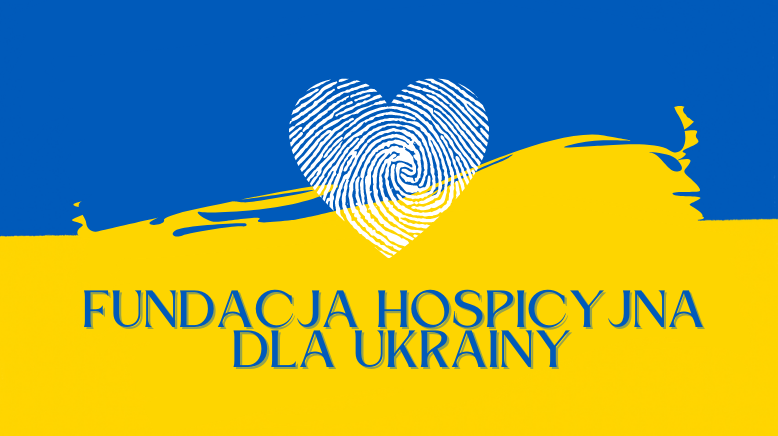At the beginning of October, 19 EUPCA participants from all over Europe descended on Gdansk in Poland for the third course week of this exciting training programme. The main focus of the week in Gdansk was successful team work in a palliative care setting. The week was led byby Rev. Dr Piotr Krakowiak from UMK University of Torun and Anna Janowicz from Hospice Foundation, together with their colleagues Dr Natasza Kosakowska-Berezecka, Dr Katarzyna Skrzypinska, Dr Malgorzata Krajnik and many other lecturers and practitioners of palliative care. The main topic of all the lectures and workshops was the important role that teamwork plays in palliative care. This topic is fundamental to the sustainable development of palliative care services worldwide and efficient teamwork is paramount to successful leadership. Participants were taught by experts on many facets of teamwork. During the first part of the week participants discussed how to build, develop and strengthen their teams. Their role as leaders during various stages of team building process was analysed and compared to a number of different leadership styles. Participants were made familiar with various practical tools used to motivate team members and prevent burnout. The second part of the week was devoted to various challenges that PC teams deal with. Challenges in spirituality and interculturality and medical challenges were discussed in detail. Using the Open Space methodology, participants discussed challenges that they considered important for them, their projects, their teams or countries. This method, which gave them freedom in choosing topics and managing their time, was used very effectively and was praised by all the students.
The UMK Torun team, together with the Hospice Foundation based in Gdansk, arranged a meeting for all the participants and members of the teaching faculty with the world-known leader of peaceful transition of Central-Eastern Europe with the Solidarity Movement - Lech Walesa, winner of the Nobel Peace Prize in 1983 and former President of Poland – definitely the highlight of the week and a very positive signal for palliative care in Poland. Together with the Co-Founder of Hospice Movement in Poland and his personal advisor, Prof. Joanna Muszkowska-Penson, President Walesa, gave the students an invaluable insight into the development of the Polish healthcare system and how the solidarity movement influenced the beginning of home care hospices in Poland. The meeting left a lasting impression on all those present. As one student remarked: "Walesa told us and repeated that what we are doing is important. We should talk to our politicians, showing what we are doing and demanding their help and support". Another student commented: "Prof. Muszkowska-Penson told us that when she was training as a doctor she saw that terminal patients were abandoned and she could not leave those people like that - we have started to change it with our home care team of volunteers". Further quotes and photographs from this meeting are available in a separate file.
As is the case in each of the four course weeks which make up the EUPCA Leadership Course, participants are shown around a palliative care institute in the country they are visiting. The participants we are able to see Polish examples of Local Best Practice with visits to the Father Dutkiewicz Hospice. Meetings with the adult home care team and inpatient team members, as well as with mobile child hospice professionals and volunteers were also part of the local best practice units. Another group of experts and volunteers presented the activities of the Gdansk Hospice Foundation. This organisation has been promoting the idea of hospice care in the community since 2004 and leadsmany regional and nationwide educational campaigns. It also prepares educational resources for hospice-palliative care professionals and volunteers in Poland as well as internationally. As the course week was based in the Hospice House, participants were able to meet and interact with staff and volunteers in their daily routines. In the picture gallery you can see EUPCA students with patients, team members and volunteers from schools, adults and people from 60+ groups. The students also got to know people who are in prison, but through volunteering in the hospice are striving towards social re-adaptation and gaining back mutual trust based on good conduct and really helping those who suffer. Visits to beautiful Gdansk, to the European Centre of Solidarity as well as the numerous opportunities to taste our cuisine and homemade cookies were just some of the additional activities and examples of Poland’s wonderful hospitality, which rounded up the EUPCA course-week curriculum.
We hope that the students enjoyed this week in Poland as much as we have enjoyed their commitment, active participation and vivid interest in our history and present joys and challenges of hospice-palliative care.
Piotr Krakowiak, Anna Janowicz










